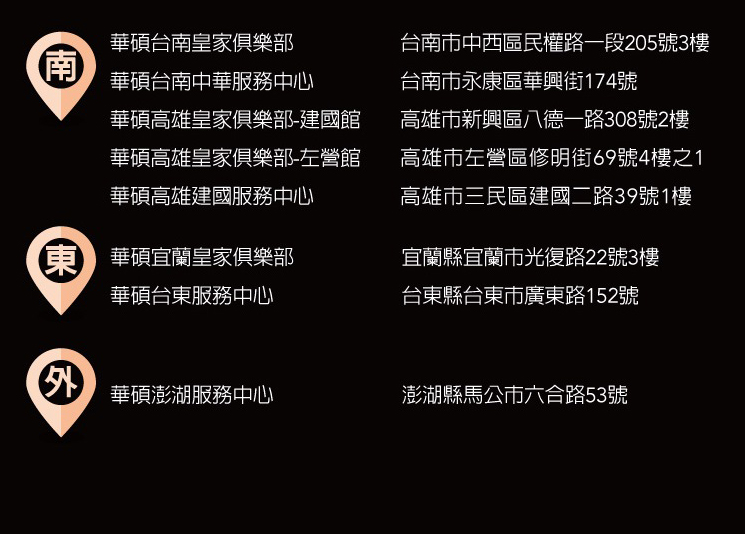Abnormal Psychology 14/e Asia Edition
+作者:Kring
+年份:2019 年14 版
+ISBN:9781119586845
+書號:SP0041PC
+規格:平裝/彩色
+頁數:636
+出版商:John Wiley
定 價:NT$1520 元
【內容】
●Sharpened Focus: Discarded reviews of now-outdated theories that lack solid empirical support, the course instead focuses on the most exciting and accepted current theories, research, and treatments.
●New and Updated References, Figures, and Clinical Cases: The course contains hundreds (n = 831) of updated references. Throughout the course, the presentation has been streamlined to increase clarity and to highlight the key issues in the field. The course includes new figures and tables to carefully illustrate various concepts. Also included are several new Clinical Cases to illustrate the ways in which psychological disorders are experienced by people.
●New Pedagogy: The course has additional pedagogy based on feedback from students and professors. For example, new Focus on Discovery boxes have been added to showcase cutting-edge research on particular topics. In addition, new and modified Check Your Knowledge questions have been added in nearly all course sections so that students can do a quick check to verify they are learning and integrating the material. Drawing on evidence for the importance of generative thinking for learning, many of the questions are open-ended.
●New Photos and Well-Known Faces Illustrate Real World Examples: There are many new photos used in the course to provide students with additional real-world examples and applications of psychopathology, including examples of some of the highly successful and well-known people who have come forward in the past several years to discuss their own psychological disorders.
●Context, Paradigms, and the DSM-5: Course sections 1-4 place the field in historical context, present the concept of paradigms in science, describe the major paradigms in psychopathology, describe the fifth edition of the Diagnostic and Statistical Manual of Mental Disorders (DSM-5), critically discuss its validity and reliability, provide an overview of major approaches and techniques in clinical assessment, and then describe the major research methods of the field. These sections are the foundation on which the later course sections can be interpreted and understood.
●Disorders and Their Treatment: Specific psychological disorders and their treatment are discussed in course sections 5-15. Throughout the course, three major perspectives or paradigms are discussed: genetic, neuroscience, and cognitive behavioral. The course also emphasizes the importance of factors that are important to all paradigms: emotion, gender, culture, ethnicity, and socioeconomic status. A related issue is the use of more than one paradigm in studying psychological disorders. Rather than force an entire field into, for example, a cognitive behavioural paradigm, this course argues from the available information that different problems in psychopathology are amenable to analyses within different frameworks.
●Culture, Race, and Ethnicity: The course includes considerable material on culture, race, and ethnicity in the study of causes and treatment of psychological disorders. Section 2 includes a separate module that emphasizes the importance of culture, race, and ethnicity in all paradigms. The course points to the important role of culture and ethnicity in the other sections as well. For example, in the Diagnosis and Assessment section (3), cultural bias in assessment and ways to guard against this selectivity in perception is discussed. The course also provides information on culture in anxiety and depression in sections 5-7.







